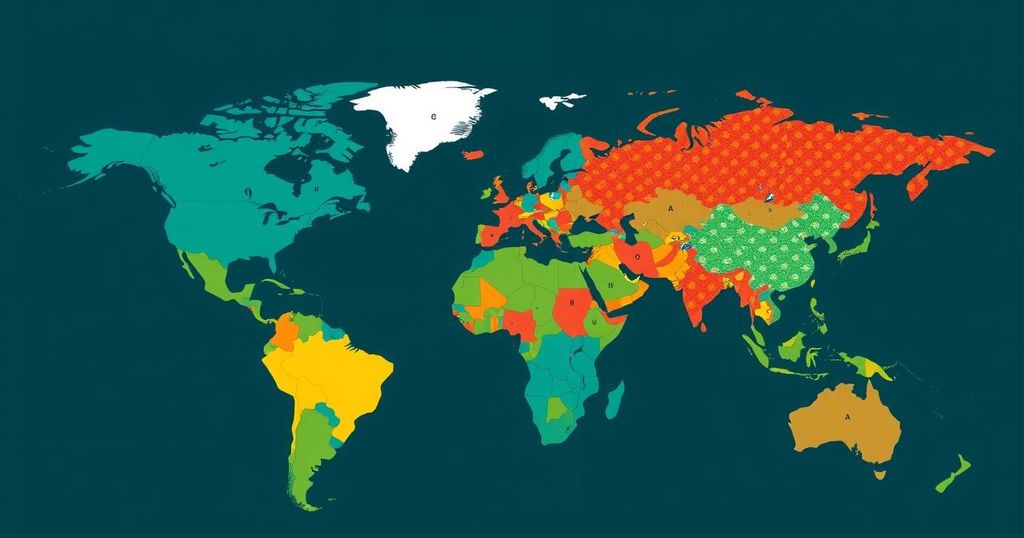Wealthier countries are beginning to compensate poorer nations for climate change impacts through funding initiatives targeting loss and damage. Following Cyclone Freddy’s devastation in Malawi, families like Christopher Bingala’s received critical financial support to rebuild and adapt. Approximately $720 million has been pledged, but crises exacerbated by climate change reveal a pressing need for more substantial assistance and structural support for affected populations in developing countries.
Richer nations are beginning to compensate poorer countries for damages caused by climate change, exemplified by the recent payment made to Christopher Bingala in Malawi following Cyclone Freddy. He received around $750, representing a new “loss and damage” funding initiative designed for nations heavily impacted yet minimally responsible for climate-related emissions. Approximately $720 million has been pledged by wealthier countries, but experts caution that this amount may be insufficient given the increasing frequency of severe weather events. During the COP29 climate summit in Baku, negotiations are ongoing regarding the fair allocation of funds to developing nations. Prime Minister Philip Davis of the Bahamas emphasized the responsibility of high-emission economies to support vulnerable populations and address the damage they have caused.
Cyclone Freddy devastated southern Malawi, displacing hundreds of thousands and leaving many, including Bingala, in dire situations. After losing his home, Bingala utilized the financial assistance to rebuild and secure a safer environment for his family. Such payments, funded by Scotland’s government and distributed by GiveDirectly, aim to alleviate the burdens faced by low-income households which often lack sufficient insurance or resources. Approximately 2,700 families in Malawi received similar compensation, which has proven crucial for recovery and investment in livelihoods.
The funding initiative is viewed as a pilot program for a broader mechanism designed to aid developing nations, which disproportionately suffer the impacts of climate change despite contributing minimally to global greenhouse gas emissions. As severe weather patterns escalate, the demand for loss and damage funding is increasing, with projections estimating a need of $250 billion annually by 2030. Prime Minister Davis articulated the inherent dangers in neglecting these issues, asserting that the consequences extend beyond borders, affecting global stability and security.
The initiative symbolizes a significant shift towards acknowledging the impacts of climate change on vulnerable economies and represents an opportunity for improved international cooperation and accountability towards climate-induced challenges.
The topic addresses the increasing initiative for wealthier nations to compensate poorer countries for climate change-related damages, especially after natural disasters like Cyclone Freddy, which caused significant loss in Malawi. This reflects a burgeoning recognition of the responsibility borne by high-emission countries to support those disproportionately affected by climate change, given that low-income countries contribute minimally to global emissions while suffering the most from its effects. The creation of a funding mechanism aims to provide financial aid intended for recovery and sustainable development, however, the amount pledged thus far is seen as inadequate in addressing the escalating needs due to ongoing environmental challenges.
In conclusion, the emerging framework for loss and damage compensation represents a crucial step in addressing the inequities of climate change impacts experienced by poorer nations. With a mere fraction of funding pledged compared to the overwhelming need, the ongoing discussions at the COP29 summit are critical in determining the effectiveness of these relief measures. The engagement of wealthier nations is essential, not only for supporting vulnerable populations but also for ensuring global stability and averting potential humanitarian crises resulting from climate-related disasters. The ongoing management and expansion of this funding initiative will play a significant role in shaping resilient responses to future climate challenges.
Original Source: www.kwit.org






